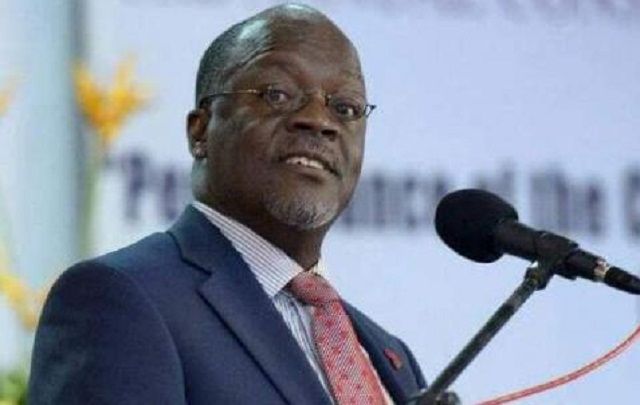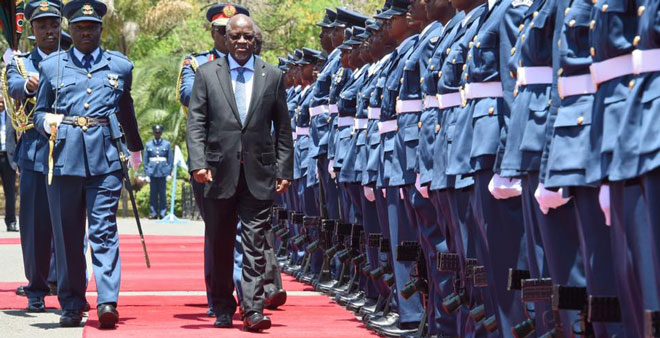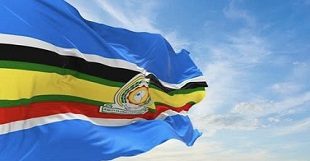
John Pombe Magufuli, the son of a peasant farmer who became Tanzania’s president in 2015, has died aged 61. Once praised for his no-nonsense approach, he went on to become a controversial leader, especially over his response to the coronavirus pandemic.
ANALYSIS | BBC.COM | He was elected for a second term in 2020 amid opposition accusations of fraud and intimidation.
Before he was president, he acquired the nickname “the bulldozer” for driving a programme to build roads as minister for works, and later was hailed for his anti-corruption stance and his distinct dislike for wasting money.
As president he was also accused of cracking down on dissent and curtailing certain freedoms, but following his death reflections on his time in power will be dominated by his idiosyncratic handling of Covid-19.
‘Coronavirus is the devil’
When Covid-19 arrived in Tanzania, President Magufuli did not believe in people staying at home. He wanted them to get into the churches and mosques to pray.
“Coronavirus, which is a devil, cannot survive in the body of Christ… It will burn instantly,” Magufuli, a devout Christian, pronounced from the altar of a church in the capital, Dodoma.
Since June 2020, when he declared the country “Covid-19 free”, the president, along with other top government officials, mocked the efficacy of masks, doubted if testing worked, and teased neighbouring countries which imposed health measures to curb the virus.
There was little testing and no plans were made for a vaccination programme, leaving the country as an outlier.
But when he was sworn in as president in October 2015, Magufuli seemed to be the sort of person Tanzania needed – an efficient, incorruptible leader.
‘Bulldozer’ gets to work
His results-oriented actions were also framed as applicable to other African countries – a dose of what the continent needed to deal with its governance issues.
On the very first day of his presidency, he sent a stark message that he would not tolerate the country’s chronic absenteeism in its civil service, when he visited the finance ministry offices, asking for the whereabouts of those not at work.
He also purged thousands of so-called “ghost workers” – essentially non-existent employees – from the public payroll, and fired officials considered corrupt or under-performing, in public. Sometimes this was even done live on television.

And he clamped down on what he saw as extravagant spending, cancelling Independence Day celebrations for the first time in 54 years. Instead, he ordered a public clean-up, getting his own hands dirty by picking up rubbish outside State House.
He also banned all foreign trips for public servants.
In the first year of Magufuli’s presidency, this approach earned him a great deal of praise, inspiring the Twitter hashtag: #WhatWouldMagufuliDo.
While some posts mocked the president’s austere policies – for example: “Was about to buy myself an oven then I asked myself #WhatWouldMagufuliDo” with a photo of a saucepan suspended over candles – others called for more African leaders to emulate his leadership style.
In 2017, a Kenyan professor went so far as to call for the “Magufulication” of Africa during an address at the University of Dar es Salaam.
But from the outset, it was also clear there was a darker side to his leadership – that a number of his initiatives would slowly chip away at the country’s democratic space.
 The Independent Uganda: You get the Truth we Pay the Price
The Independent Uganda: You get the Truth we Pay the Price


